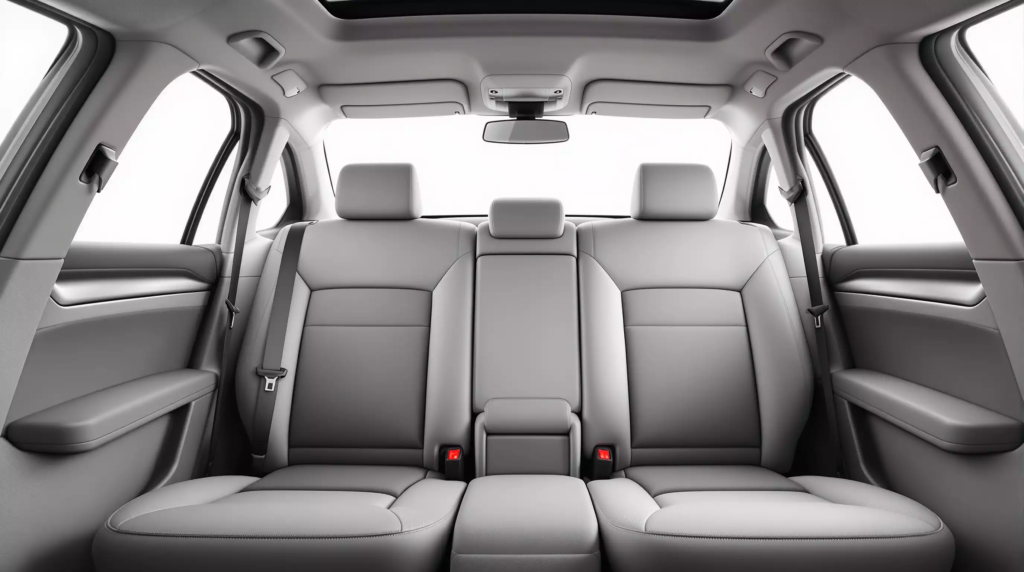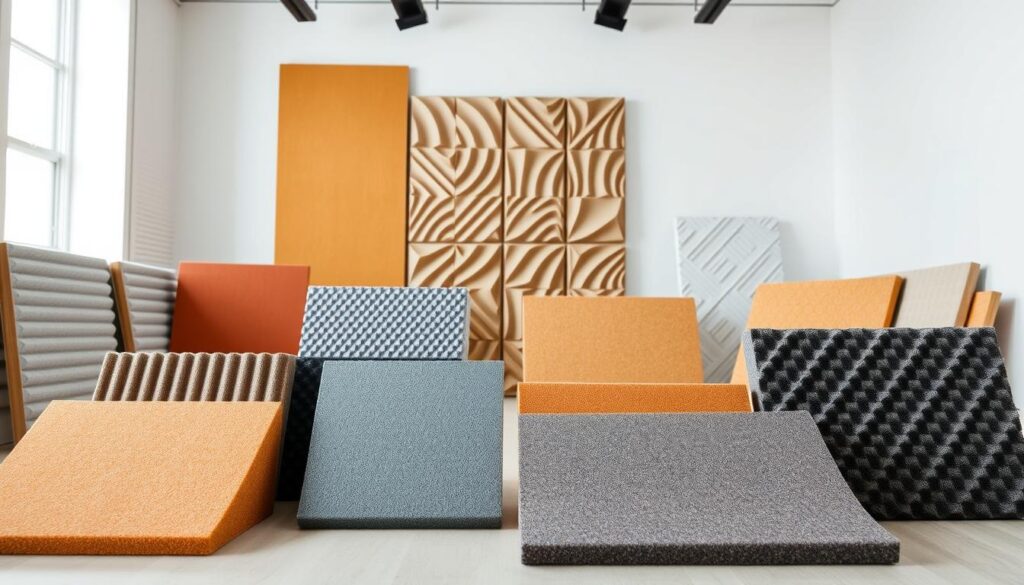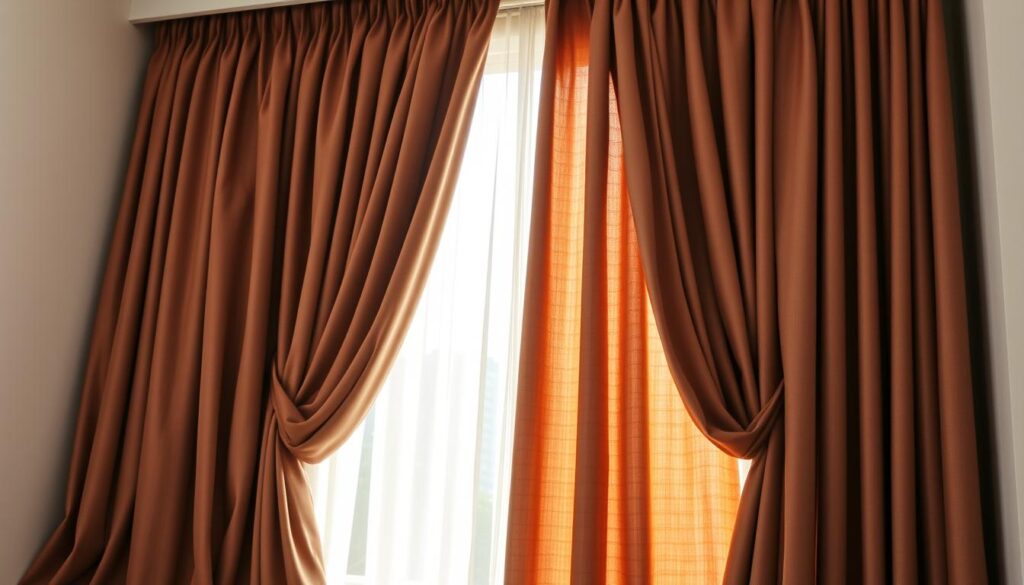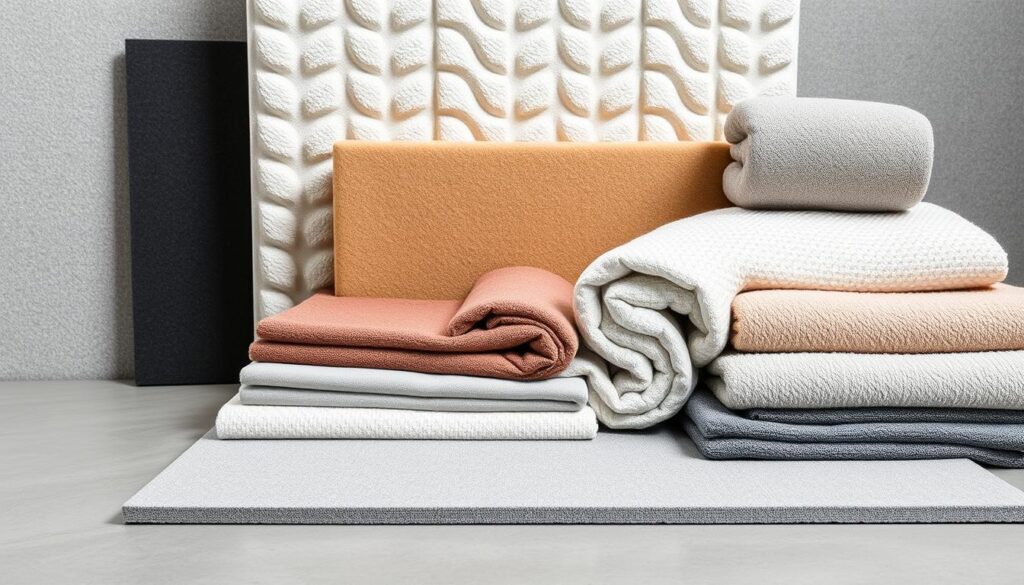What You Will Learn
- The primary benefits of reducing car noise include improved comfort, enhanced audio experience, and increased focus while driving.
- Common sources of noise in vehicles include engine noise, road noise, wind noise, and vibrations that can disrupt the driving experience.
- Choosing soundproofing materials involves understanding the balance between budget-friendly options and high-end products for long-term performance.
- Durability of soundproofing materials is crucial; products like mass loaded vinyl offer resilience against heat, moisture, and wear.
- Consider eco-friendly soundproofing solutions that are low in VOC emissions and made from recyclable materials to minimize environmental impact.
- Selecting soundproofing materials with safety certifications can ensure a healthier in-car environment by reducing health risks associated with harmful emissions.
Sources of Car Noise and Soundproofing Solutions
Understanding where car noise comes from and how different soundproofing materials address these issues is key to a quieter ride. Below is a comparison of common noise sources and effective solutions, considering both budget and environmental factors.
Common Noise Sources
- Engine Noise
- Road Noise
- Wind Noise
- Vibrations
Understanding these helps tailor soundproofing strategies.
Soundproofing Materials: Cost vs. Performance
- Budget: Closed-cell foam, butyl mats
- Mid-Range: Soundproofing mats, automotive kits
- High-End: Mass loaded vinyl, premium brands
Higher investment generally yields better and longer-lasting results.
Eco-Friendly & Safety Factors
- Low-VOC products for health
- Recycled materials (foams)
- Natural fibers for absorption
Prioritizing health and environmental impact in material choices.
Durability & Longevity
- Resilience to heat and moisture
- Adhesion quality for vibration dampening
- Long-term performance
Selecting materials that withstand conditions for lasting quiet.
@media (max-width: 768px) {#soundproofing-visual-container article {flex-basis: 100% !important;max-width: 100% !important;}}#soundproofing-visual-container article:hover {transform: translateY(-5px);}
Understanding Soundproofing for Cars: Why It Matters
When it comes to our vehicles, reducing noise is more than just a comfort issue; it’s about enhancing the overall driving experience. A quieter cabin allows us to enjoy our music, hear important sounds from the road, and have meaningful conversations without shouting. Understanding how soundproofing works can help us appreciate its value in our daily drives!
Incorporating soundproofing materials in our cars not only improves comfort but also protects us from the outside noise pollution that can lead to stress and fatigue during long drives. By addressing sound issues, we can create a more peaceful environment for ourselves and our passengers alike.
The Importance of Reducing Car Noise
Reducing car noise is essential for a pleasant driving experience. Excessive noise can be distracting and tiring, particularly on long trips. By implementing effective soundproofing solutions, we can significantly lower noise levels and enhance our enjoyment behind the wheel. Here are some key benefits of reducing car noise:
- Improved Comfort: A quiet cabin allows for a more relaxing drive.
- Enhanced Audio Experience: Better sound quality from in-car entertainment systems.
- Increased Focus: Less distraction from outside sounds helps with concentration on the road.
Additionally, soundproofing can increase the resale value of a vehicle. Many buyers desire a car with a serene driving experience, making soundproofing a smart investment. It’s the little things that can make a big difference in how we value our vehicles!

Common Sources of Noise in Vehicles
Cars encounter a variety of noise sources that can disrupt our peace while driving. Identifying these sources is the first step in effectively addressing them. Here are some common culprits:
- Engine Noise: Often heard when idling or accelerating.
- Road Noise: The sound of tires interacting with various surfaces.
- Wind Noise: Can be particularly intrusive at higher speeds.
- Vibrations: From the engine and drivetrain can transmit sound throughout the cabin.
By understanding these sources, we can tailor our soundproofing strategies to mitigate them effectively. It’s all about creating a smoother ride that keeps our minds clear and focused on the road ahead! For more detailed information on acoustics and noise control, you can refer to resources from the Journal of the Acoustical Society of America (JASA), which often publishes peer-reviewed articles on sound and vibration.
We Want to Hear From You!
What do you think about the importance of soundproofing in vehicles? Share your thoughts below:
Evaluating Cost-Effectiveness and Longevity
When it comes to soundproofing your car, cost-effectiveness is a key factor to consider. Not all soundproofing materials are created equal, and understanding the balance between cost and performance can save you money in the long run. Let’s dive into some budget-friendly options vs. high-end products and how they stack up.
Budget-friendly soundproofing solutions often include materials like closed-cell foam and butyl mats. These can provide decent noise reduction without breaking the bank. However, investing in high-end products, like mass loaded vinyl or premium soundproofing kits, can offer superior performance and durability. Ultimately, the choice comes down to your specific needs and how much you’re willing to invest.
Budget-Friendly Options vs. High-End Products
- Budget-Friendly Options: Closed-cell foam, butyl mats
- Mid-Range Products: Soundproofing mats, automotive soundproofing kits
- High-End Options: Mass loaded vinyl, premium brands like Dynamat
While budget-friendly options may suffice for casual users, those looking for a long-term solution might benefit from investing in high-end products. Remember, the more you invest, the more you can expect in terms of reduced noise levels and increased longevity.
Durability of Soundproofing Materials Over Time
Another aspect to consider is the durability of the soundproofing materials. Many factors play a role in how well soundproofing performs over time, including exposure to heat, moisture, and wear from daily use. It’s crucial to select materials designed to withstand these conditions.
For instance, mass loaded vinyl is known for its resilience, while butyl mats provide both durability and flexibility. Choosing the right materials can ensure that your soundproofing efforts last, giving you a quieter ride for years to come!

Vibration Dampening Materials: Cost vs. Performance
When assessing vibration dampening materials, it’s essential to consider how cost impacts performance. Lower-priced options may not provide the same level of effectiveness as their pricier counterparts. For example, while some inexpensive mats may cut down on vibrations, they might not adhere well over time, leading to premature failure.
- High-Performance Products: Dynamat, HushMat
- Mid-Range Choices: Noico, Kilmat
- Budget Alternatives: Generic closed-cell foams
Investing in quality vibration dampening materials could end up saving you money in the future by reducing wear and tear on your vehicle. It’s all about finding a balance that works for your budget and soundproofing needs.
Eco-Friendly Considerations and Health Safety
As we become more aware of our environmental impact, it’s vital to consider the eco-friendliness of the soundproofing materials we choose. You want to ensure that your efforts for a quieter ride don’t come at the cost of harming the planet or your health.
Many soundproofing materials can emit volatile organic compounds (VOCs), which can be harmful. That’s why it’s crucial to look for products labeled as low-VOC. Making informed choices can lead to a healthier car environment.
VOC Emissions and Material Safety
When shopping for soundproofing materials, pay attention to VOC emissions. High levels of VOCs can pose health risks, especially in enclosed spaces like a car. Selecting products with low emissions can help ensure that your car remains a safe environment. For further reading on environmental health and safety standards related to materials, the National Institute of Standards and Technology (NIST) provides valuable research and guidelines on material properties and their impact.
- Low-VOC Products: Eco-friendly mats and foams
- Safety Certifications: Look for certifications that indicate low emissions
By prioritizing safety, you can enjoy your soundproofing enhancements without worrying about potential health risks.
Recyclability and Environmental Impact of Soundproofing Products
Recyclability is another important factor to consider. Many traditional soundproofing materials can end up in landfills, but there are eco-friendly alternatives available. Selecting soundproofing that can be recycled or repurposed can significantly reduce your environmental footprint!
Moreover, checking the manufacturing processes behind your chosen products can provide insight into their overall environmental impact. Sustainable practices not only benefit the planet but can also resonate with consumers who value eco-conscious choices.
Choosing Eco-Friendly Soundproofing Solutions
When it comes to soundproofing, opting for eco-friendly solutions is more accessible than you might think. Many brands are now offering sustainable materials designed to minimize environmental impact. By selecting these options, you can achieve a quieter ride while also contributing to a healthier planet.
- Recycled Materials: Some soundproofing foams are made from recycled products
- Natural Fibers: Consider products that utilize natural fibers for sound absorption
It’s about finding the right balance between effective soundproofing and being kind to our environment. With a bit of research, you can make choices that reflect your values while enhancing your vehicle’s comfort.
Frequently Asked Questions About Car Soundproofing
- Q: What are the main benefits of car soundproofing?
- A: The main benefits include improved comfort, enhanced audio experience, and increased driver focus by reducing distracting noises.
- Q: What are common sources of noise in a car?
- A: Common sources include engine noise, road noise from tires, wind noise at higher speeds, and vibrations from mechanical components.
- Q: Is it worth investing in high-end soundproofing materials?
- A: While budget-friendly options offer decent noise reduction, high-end products like mass loaded vinyl typically provide superior performance and greater longevity, proving to be a better long-term investment.
- Q: How can I choose eco-friendly soundproofing materials?
- A: Look for products that are labeled as low-VOC (Volatile Organic Compounds), made from recycled materials, or utilize natural fibers for sound absorption to minimize environmental and health impacts.
- Q: Why is durability important for soundproofing materials?
- A: Durable materials are essential because they must withstand varying conditions such as heat, moisture, and daily wear and tear. This ensures the soundproofing remains effective and provides a quieter ride for a longer period.
Final Thoughts on Choosing the Right Soundproofing Solution
As you navigate your options for car soundproofing, remember to weigh cost-effectiveness, longevity, and environmental impact. Every little choice counts when it comes to enhancing your driving experience while being mindful of your budget and the planet! For industry standards and technical specifications on automotive materials and acoustics, the Society of Automotive Engineers (SAE) offers comprehensive resources that can guide your decisions.
So, are you ready to start your car soundproofing journey? With the right information and materials, you can create a tranquil space in your vehicle that you’ll enjoy for years to come!
Recap of Key Points
Here is a quick recap of the important points discussed in the article:
- Importance of Soundproofing: Reducing noise enhances comfort, focus, and audio experience while driving.
- Common Noise Sources: Key culprits include engine noise, road noise, wind noise, and vibrations.
- Cost-Effectiveness: Weigh budget-friendly options like closed-cell foam against high-end products for superior performance.
- Durability Matters: Choose materials that can withstand heat, moisture, and wear for long-lasting results.
- Eco-Friendly Choices: Opt for low-VOC and recyclable materials to minimize health risks and environmental impact.




